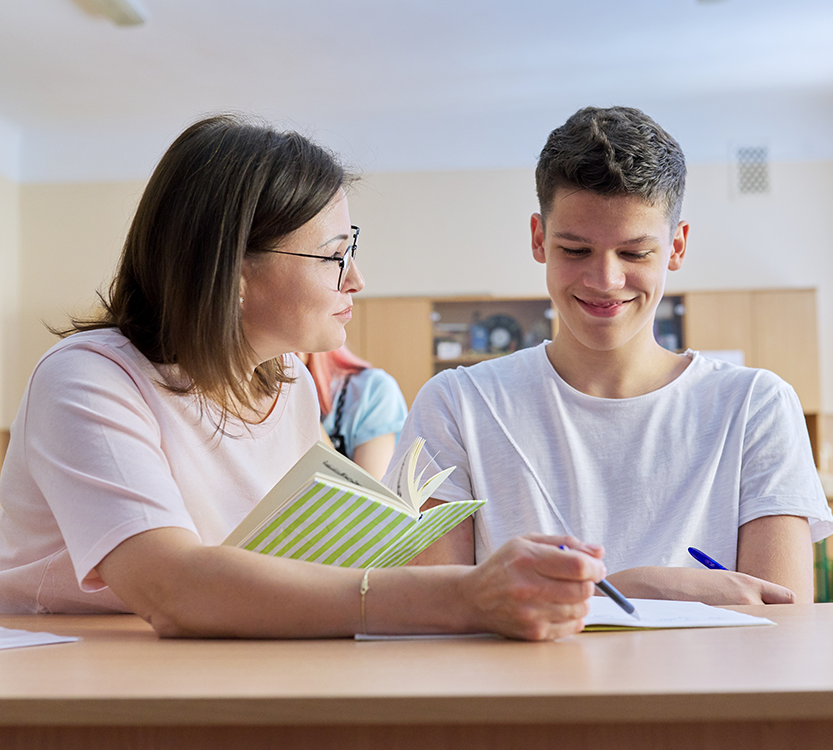Why Student Self-Determination Matters in Special Education
FEATURED POSTS
October 21, 2025
October 17, 2025
Supporting students with special needs means more than helping them reach academic goals. It also means teaching them how to make choices, solve problems, and advocate for themselves. This is where student self-determination comes in.
In education, “self-determination” is the term experts use to describe a student’s ability to understand their strengths, set goals, make decisions, and take steps to reach them. For children and teens with special needs, learning these skills can be life-changing.
What Self-Determination Means
At its core, self-determination means giving students a voice in their own learning. It goes beyond simple choices such as what snack to eat or what game to play. The goal is to help students build skills. Those can include:
- Setting goals
- Making choices
- Solving problems
- Speaking up for their needs
- Taking responsibility for their actions
These skills help students grow more independence and prepare them for life beyond school.
Why Self-Determination Matters in Special Education
Research shows that students with strong self-determination skills do better in school and later in life. They are more likely to graduate, find jobs, and live independently.
In special education, self-determination is often part of the individualized education program (IEP) process. At the start of each school year, teachers, parents, and students meet to set learning goals. When students play an active role in this process, they learn how to speak up for what they want and need.
How Schools Can Build in Self-Determination
Many schools now weave self-determination into their special education programs. Teachers and staff can support this principle in everyday ways. They can help students learn to:
- Make choices: Give students real options during lessons and activities
- Set goals: Guide students to create both short-term and long-term goals
- Solve problems: Work through everyday situations, such as asking for help or handling frustration
- Speak up: Encourage students to share their thoughts during IEP meetings
- Reflect: Help students review what worked, what didn’t, and what to try next
These daily practices give students confidence and show them they have control over their own learning.
How Parents Can Help
Parents play a big role at home. Simple strategies include:
- Let kids choose: Give age-appropriate options, like what to wear or which chore to do first
- Set goals together: Involve the kids in family goals, such as planning a weekend activity
- Talk openly: Encourage conversations about feelings and needs
- Praise effort: Focus on effort and problem-solving, not just results
Small daily choices build the foundation for bigger decisions later in life.
A Path to Independence
At its heart, student self-determination is a mindset. When schools and families encourage it, students with special needs learn that their voice matters. They gain tools to succeed in school and beyond.
At LEARN Academy, we believe every student deserves that chance. Our team uses evidence-based strategies, including applied behavior analysis (ABA), to help children and teens build self-determination skills. These tools not only support learning but also prepare students for lifelong success.
Want to learn more about how LEARN Academy can support your classroom or school community? Contact us today to explore our programs and resources.







